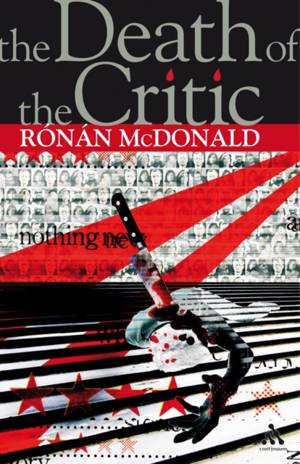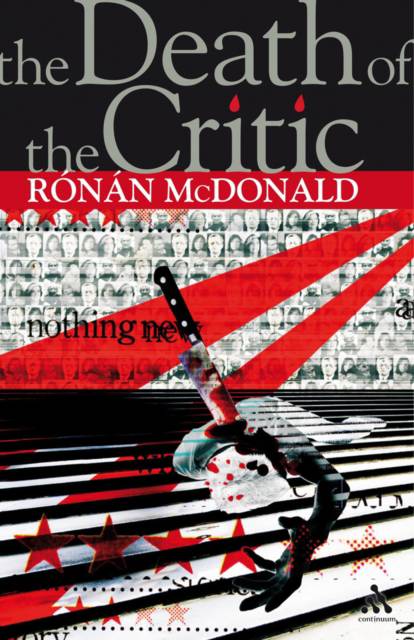
- Afhalen na 1 uur in een winkel met voorraad
- Gratis thuislevering in België vanaf € 30
- Ruim aanbod met 7 miljoen producten
- Afhalen na 1 uur in een winkel met voorraad
- Gratis thuislevering in België vanaf € 30
- Ruim aanbod met 7 miljoen producten
Zoeken
Omschrijving
The critic has long been a reviled figure, at best the mere handmaiden of the "creative" arts, at worst a parasite upon them. For Brendan Behan, critics are like eunuchs in a harem. They know how it is done. They have seen it done every day.
But they are unable to do it themselves. In an age of book clubs, celebrity endorsements and bloggers, what role is there now for the professional critic as an arbiter of artistic value? Are literature and the arts merely a question of personal taste? Is one opinion "as good as another"? Rónán McDonald's The Death of the Critic seeks to defend the role of the public critic. He argues against recent claims that all artistic value is simply relative and subjective. This forceful, accessible and eloquent book considers why high profile, public critics such as William E mpson, F.R. Leavis or Lionel Trilling, become much rarer in the later twentieth century. Alert to the cultural and academic climate of both the UK and the USA, this controversial and timely intervention will engage scholars, students, critics and anyone concerned with the role of literary and artistic culture in the public sphere.
Specificaties
Betrokkenen
- Auteur(s):
- Uitgeverij:
Inhoud
- Aantal bladzijden:
- 224
- Taal:
- Engels
Eigenschappen
- Productcode (EAN):
- 9780826492807
- Verschijningsdatum:
- 19/05/2009
- Uitvoering:
- Paperback
- Formaat:
- Trade paperback (VS)
- Afmetingen:
- 127 mm x 196 mm
- Gewicht:
- 204 g

Alleen bij Standaard Boekhandel
+ 37 punten op je klantenkaart van Standaard Boekhandel
Beoordelingen
We publiceren alleen reviews die voldoen aan de voorwaarden voor reviews. Bekijk onze voorwaarden voor reviews.








